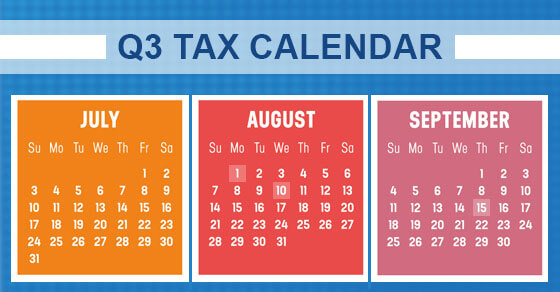
Created: Tuesday, July 12, 2022
Interested in an EV? How to qualify for a powerful tax credit
Sales and registrations of electric vehicles (EVs) have increased dramatically in the U.S. in 2022, according to several sources. However, while they’re still a small percentage of the cars on the road today, they’re increasing in popularity all the time.









